Philip Hammond ditches help-to-buy scheme
Chancellor ends George Osborne's flagship policy, saying it has 'successfully' achieved its 'specific purpose'

A free daily email with the biggest news stories of the day – and the best features from TheWeek.com
You are now subscribed
Your newsletter sign-up was successful
Chancellor Phillip Hammond has scrapped the help-to-buy mortgage guarantee scheme introduced by his predecessor, George Osborne, three years ago.
The flagship policy, which encouraged lenders to offer loans to first-time-buyers with minimal deposits, had "successfully" achieved its "specific purpose", said Hammond in a letter to Bank of England governor Mark Carney.
He added that more than 30 commercial lenders now offer 90 to 95 per cent loans without any guarantees from the government.
The Week
Escape your echo chamber. Get the facts behind the news, plus analysis from multiple perspectives.

Sign up for The Week's Free Newsletters
From our morning news briefing to a weekly Good News Newsletter, get the best of The Week delivered directly to your inbox.
From our morning news briefing to a weekly Good News Newsletter, get the best of The Week delivered directly to your inbox.
Help-to-buy was introduced in 2013, when the housing market was mired in a post-crisis slump and risk-averse mortgage lenders were demanding deposits of at least ten per cent, which many younger buyers could not afford.
The scheme guaranteed around 15 per cent of the loan was covered in the event of foreclosure, making up the bulk of any losses if the bank was forced to repossess and resell cheaply. As a result, they brought 95 per cent mortgages back onto the market.
Help-to-buy was already scheduled to finish at the end of this year, but the Daily Telegraph says experts had "called for it to be replaced amid concerns… the market for first-time buyers is already going into decline".
Hammond said: "It is important to note that the end of this particular scheme does not diminish in any way the government’s commitment to supporting those looking to get on the housing ladder".
A free daily email with the biggest news stories of the day – and the best features from TheWeek.com
However, there are concerns that with 95-per-cent products being pulled already as lenders take a more cautious approach in the wake of the Brexit vote, the decision will impact competition.
A spokesman for personal finance website Moneyfacts said: "A drop in product availability could mean less competition, which is bad news for anyone waiting for interest rates to fall further still."
The policy was distinct from government help-to-buy equity loans, which offer first-time buyers of new-build properties a government loan of up to 20 per cent to top up their deposit of as little as five per cent.
As this scheme means only 75 per cent of the property value needs to be borrowed from the bank, it gives access to far lower rates.
It has been extended to 2021 and will continue under Hammond, along with help-to-buy Isas that encourage saving for a house deposit.
-
 Political cartoons for February 16
Political cartoons for February 16Cartoons Monday’s political cartoons include President's Day, a valentine from the Epstein files, and more
-
 Regent Hong Kong: a tranquil haven with a prime waterfront spot
Regent Hong Kong: a tranquil haven with a prime waterfront spotThe Week Recommends The trendy hotel recently underwent an extensive two-year revamp
-
 The problem with diagnosing profound autism
The problem with diagnosing profound autismThe Explainer Experts are reconsidering the idea of autism as a spectrum, which could impact diagnoses and policy making for the condition
-
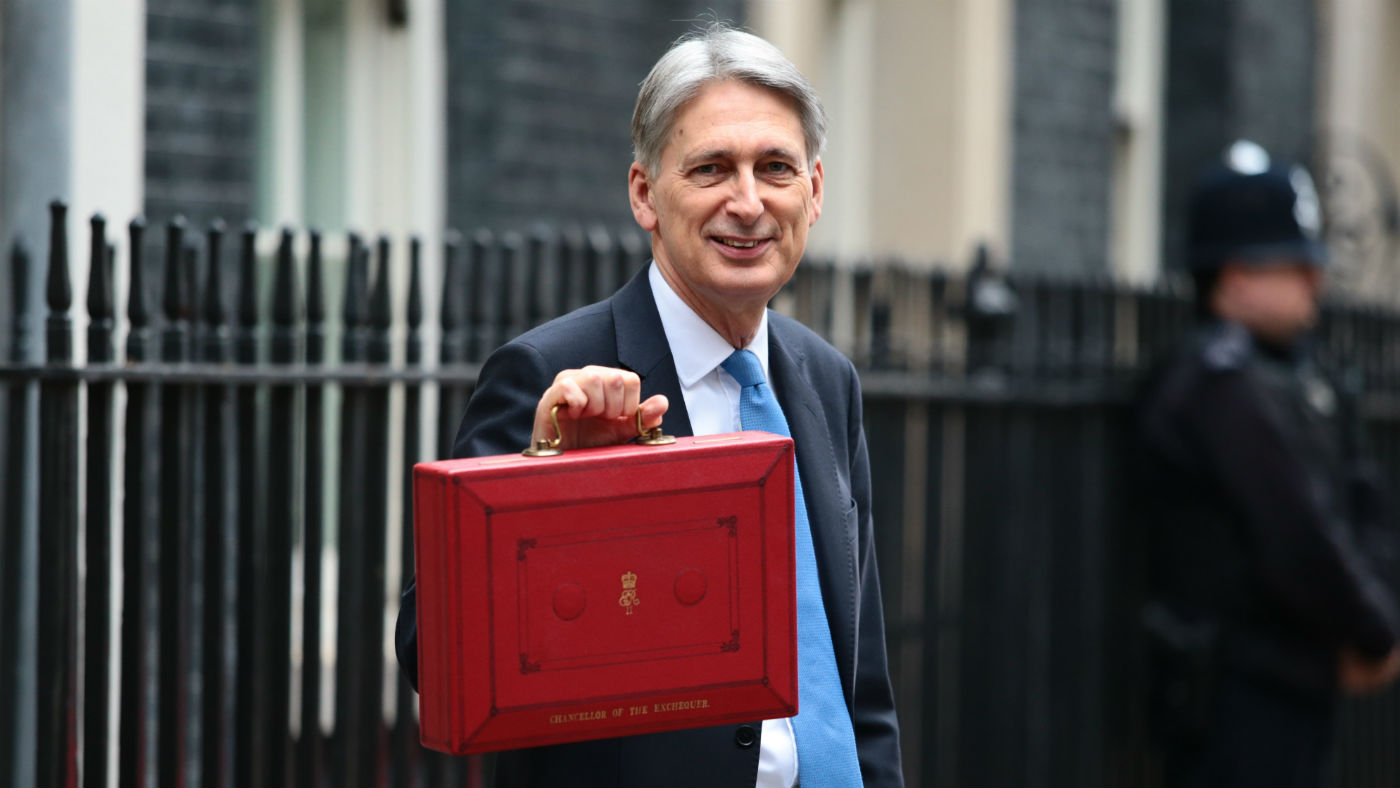 No-deal Brexit would require emergency budget, says Hammond
No-deal Brexit would require emergency budget, says HammondSpeed Read Chancellor warns end to austerity plan due to be announced today could be cancelled in a no-deal scenario
-
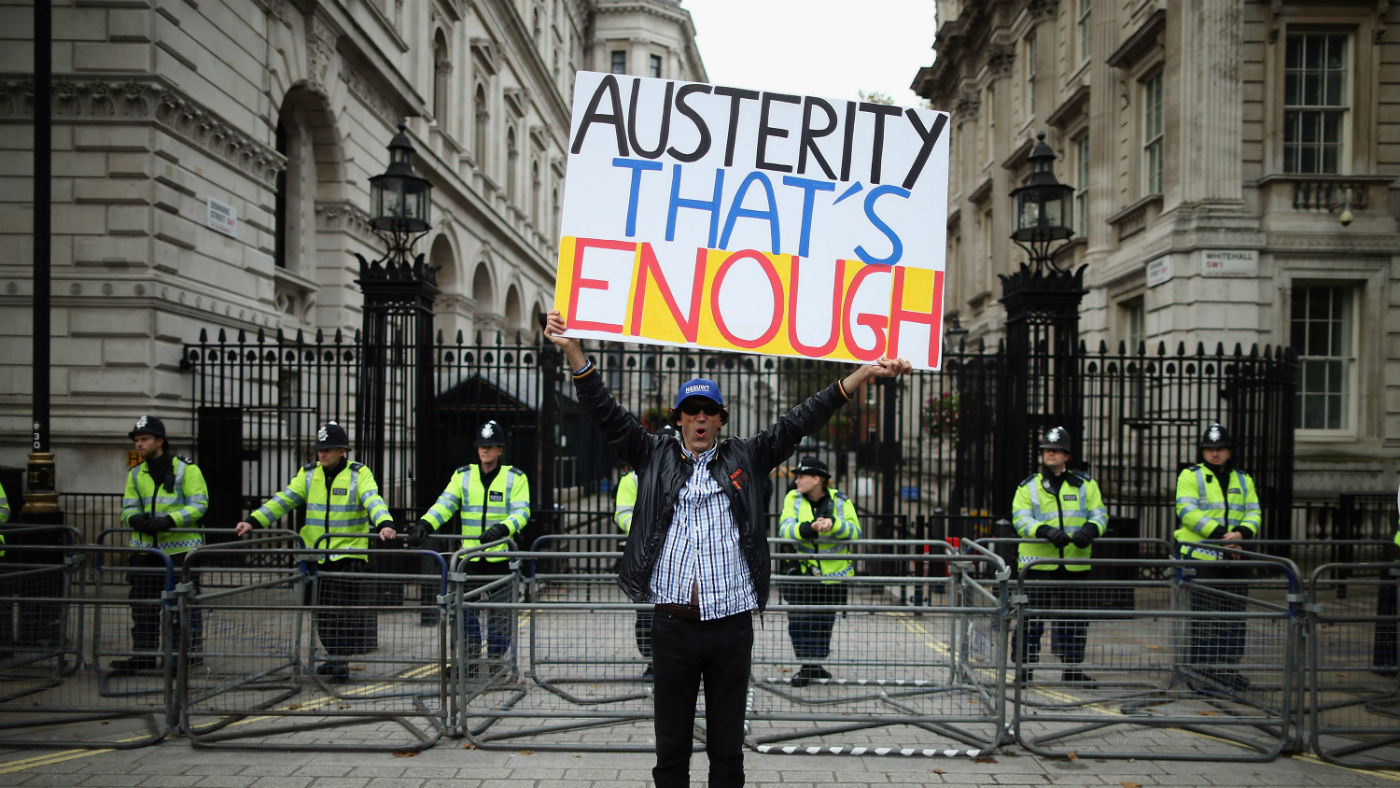 End austerity or eliminate the deficit?
End austerity or eliminate the deficit?Speed Read Theresa May faces ‘stark choice’ as IFS warns of massive tax hikes needed to ease squeeze on public services
-
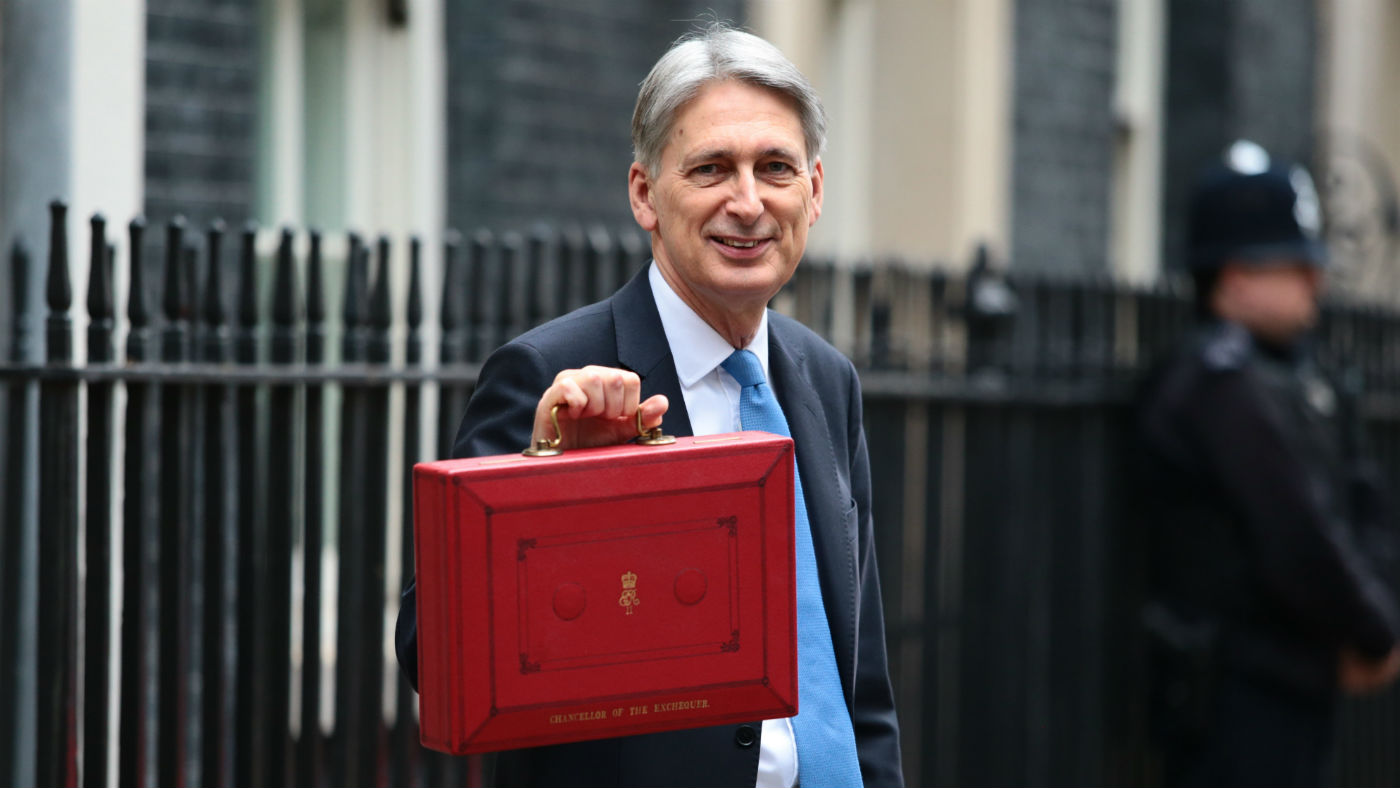 Surprise surplus gives Hammond wiggle room to splash the cash
Surprise surplus gives Hammond wiggle room to splash the cashSpeed Read Borrowing down and tax revenue up as figures reveal budget deficit lower than expected
-
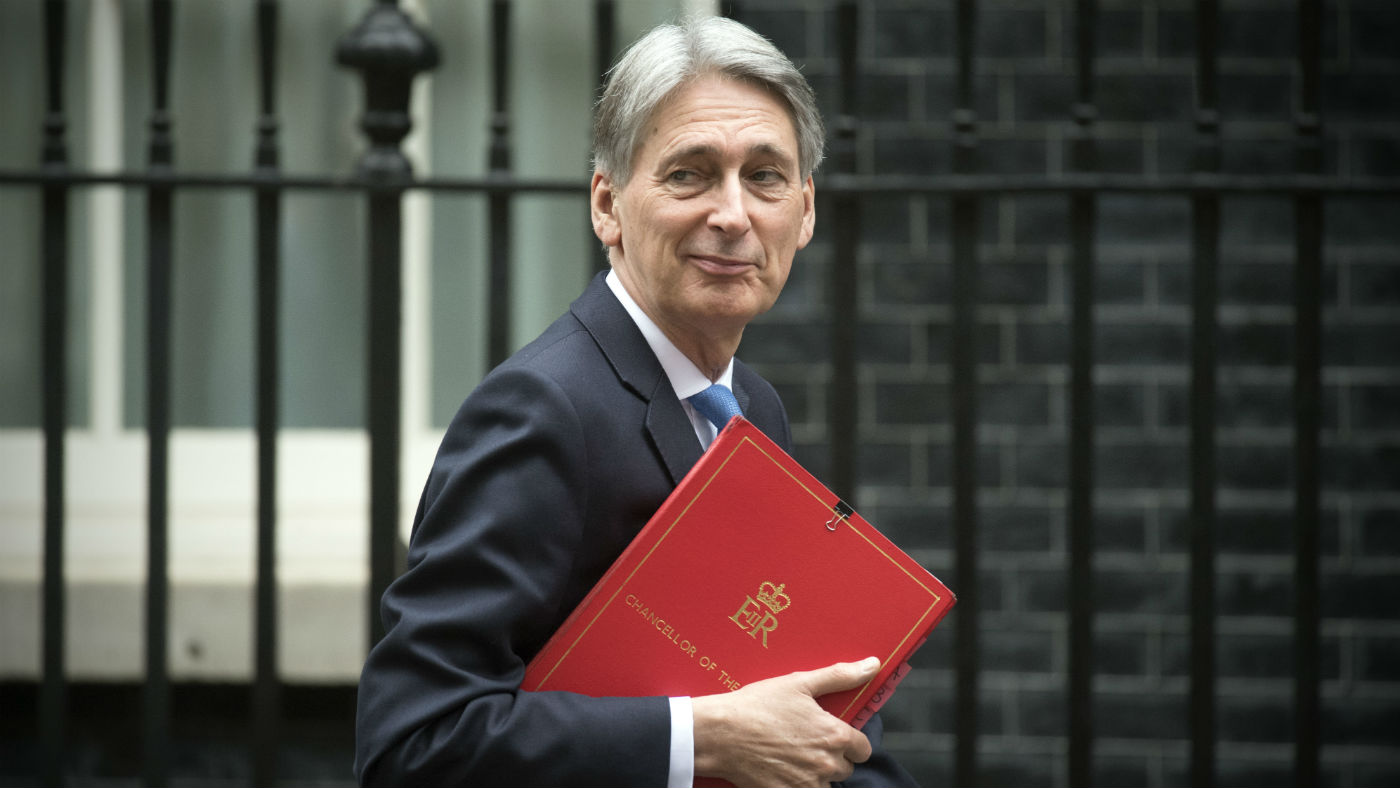 Has Philip Hammond just signalled the end of austerity?
Has Philip Hammond just signalled the end of austerity?Speed Read Chancellor says he could loosen public purse strings in autumn but warns of continued high debt
-
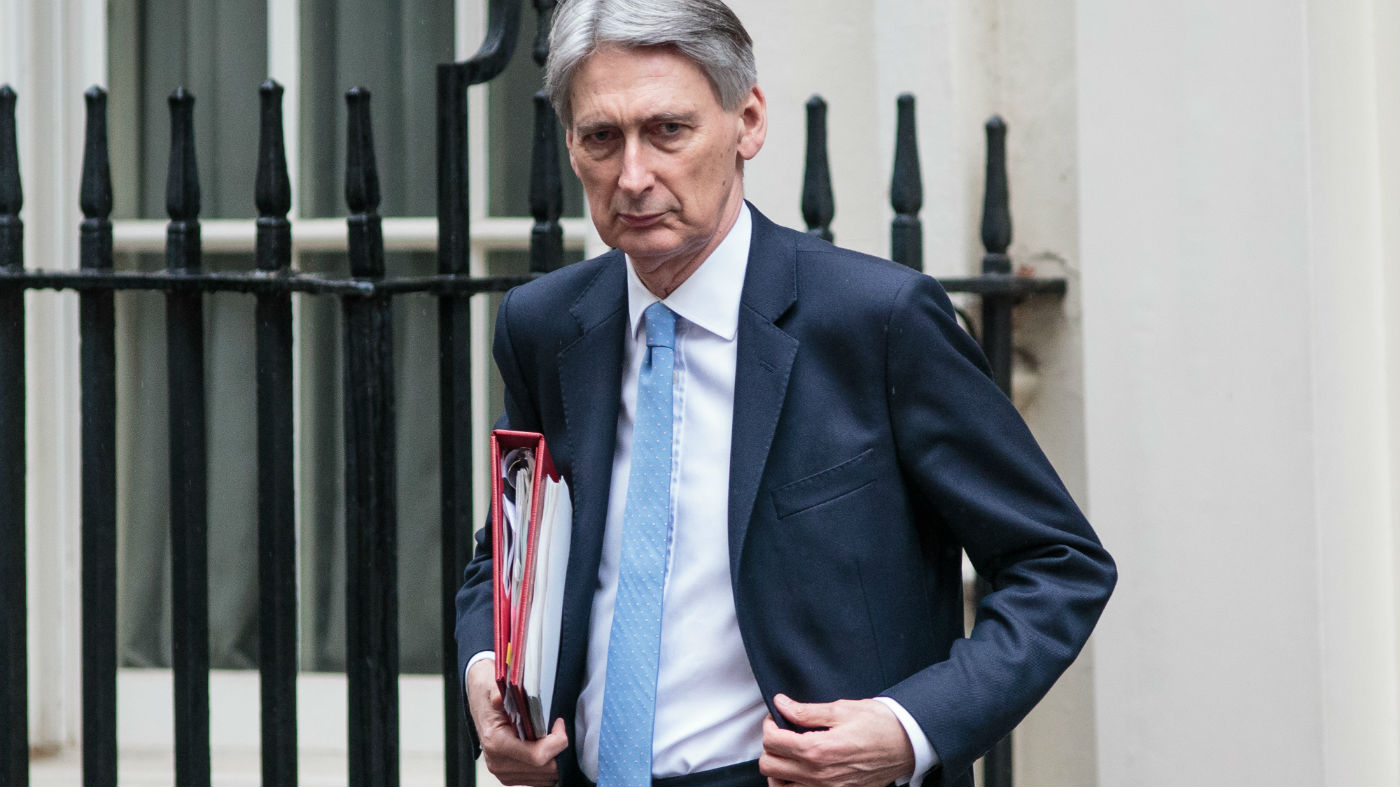 Budget 2017 summary: stamp duty down, diesel tax up and (a bit) more cash for the NHS
Budget 2017 summary: stamp duty down, diesel tax up and (a bit) more cash for the NHSIn Depth Highlights and instant analysis as the Chancellor presents his second Budget of 2017
-
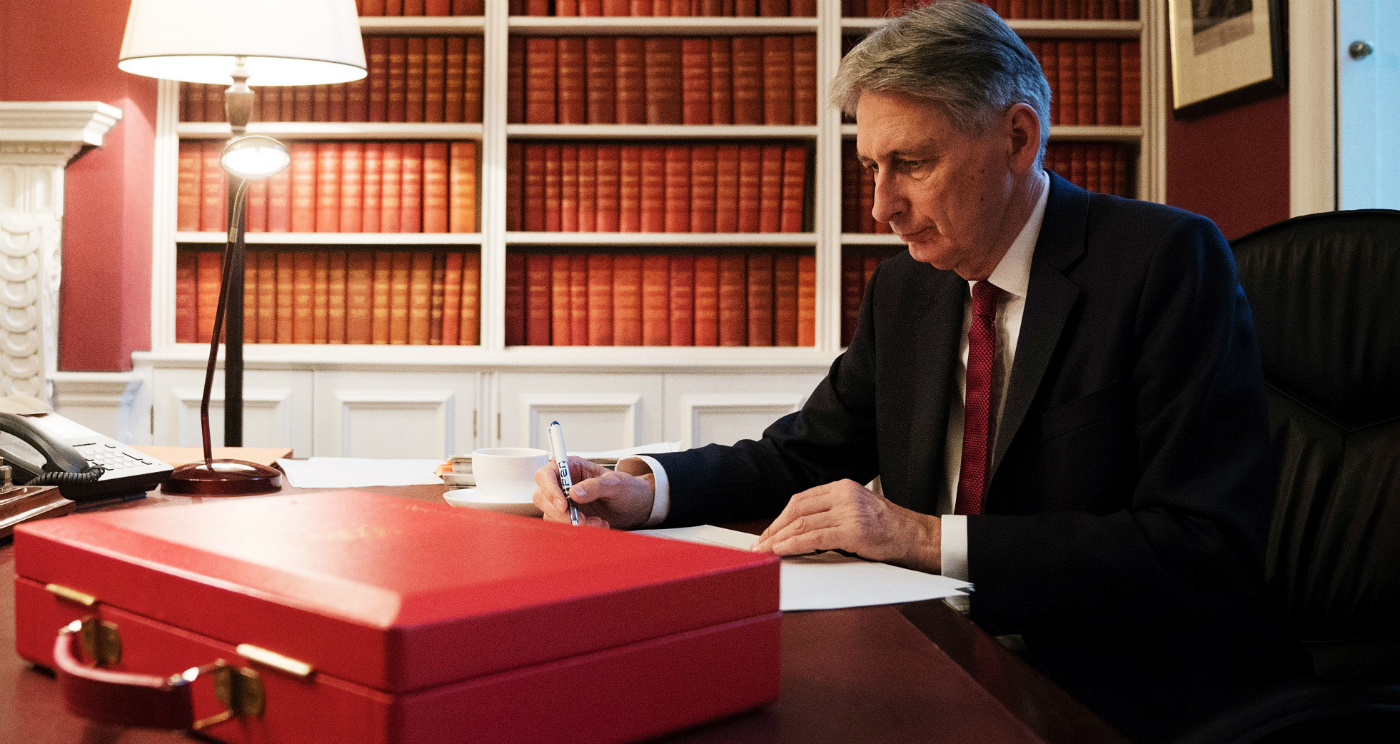 Budget 2017: what’s in Hammond’s red box?
Budget 2017: what’s in Hammond’s red box?In Depth In Depth: Chancellor weighs changes to corporate tax, student loans and pensions
-
 OBR calls for continued austerity as UK fails 'stress test'
OBR calls for continued austerity as UK fails 'stress test'Speed Read Public borrowing could spiral in years to come, warns Treasury watchdog
-
Autumn Statement 2016: Real wages will not grow for a decade, says IFS
Speed Read Think-tank warns of 'dreadful' times ahead, as Resolution Foundation say lower-income families will lose most